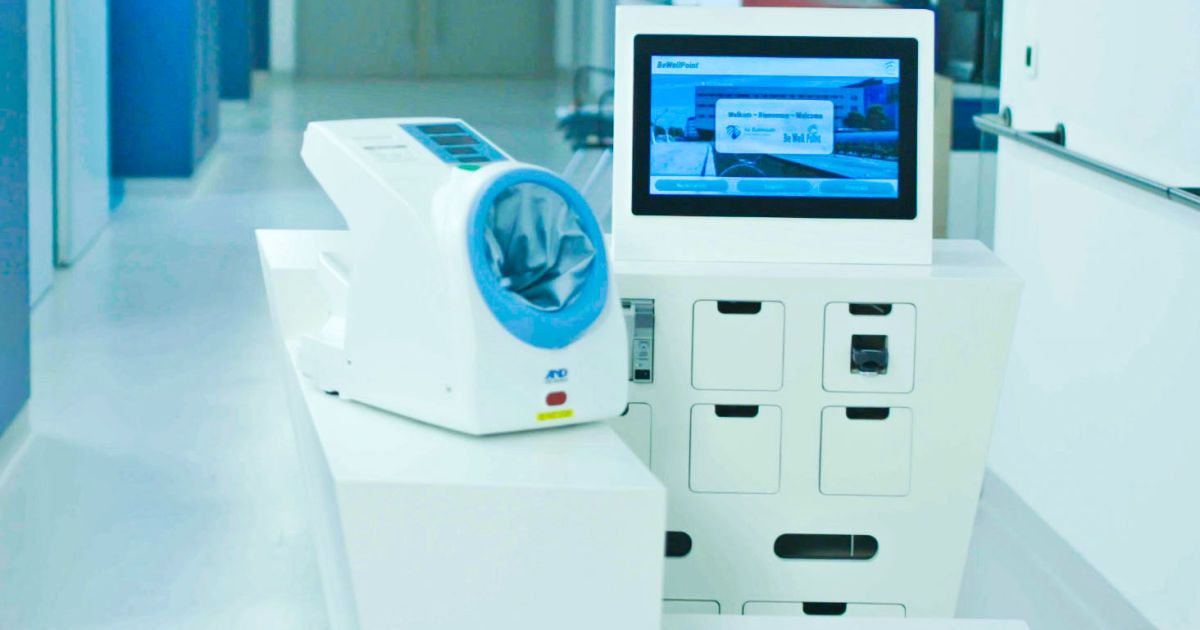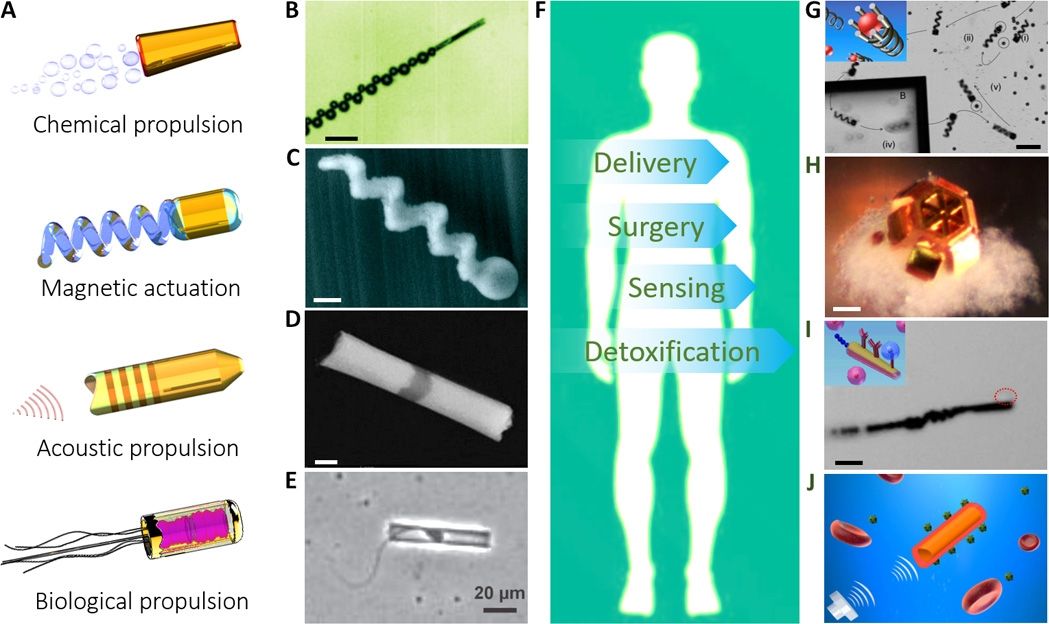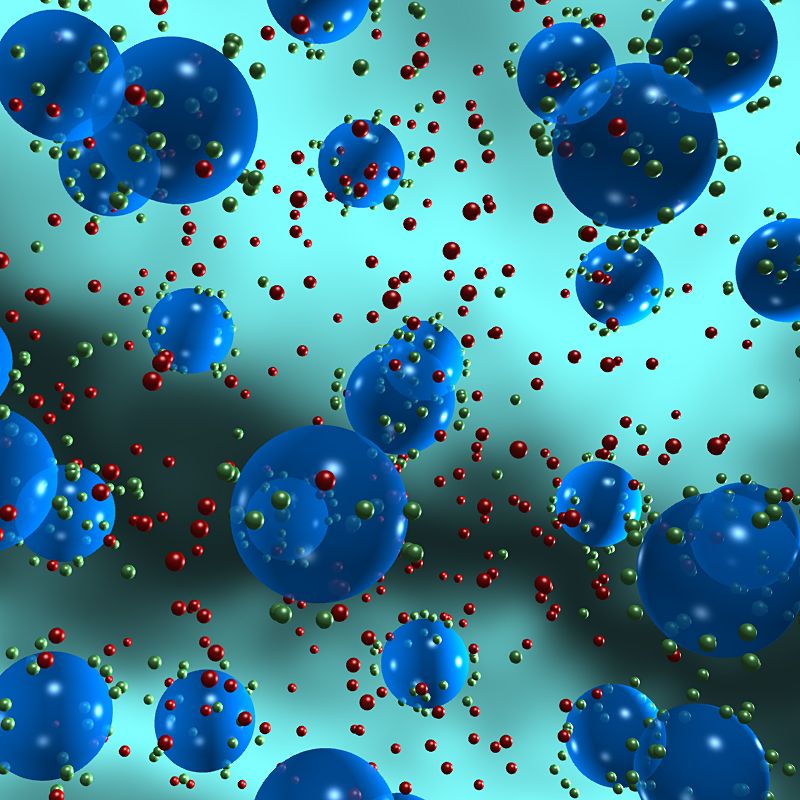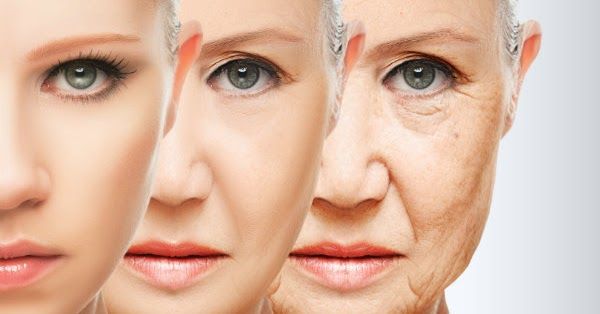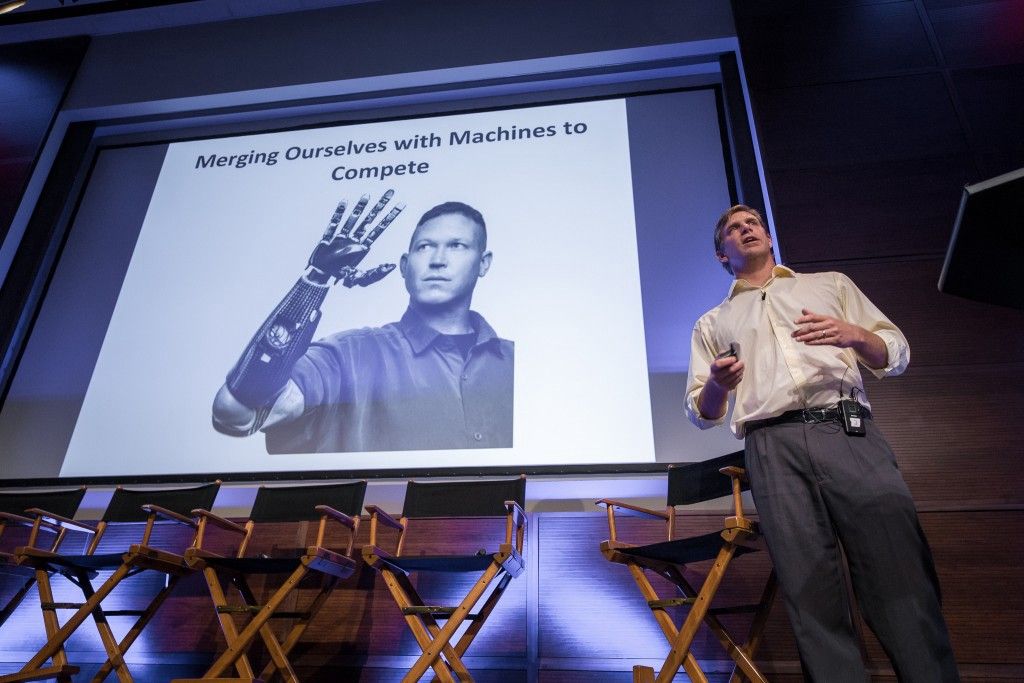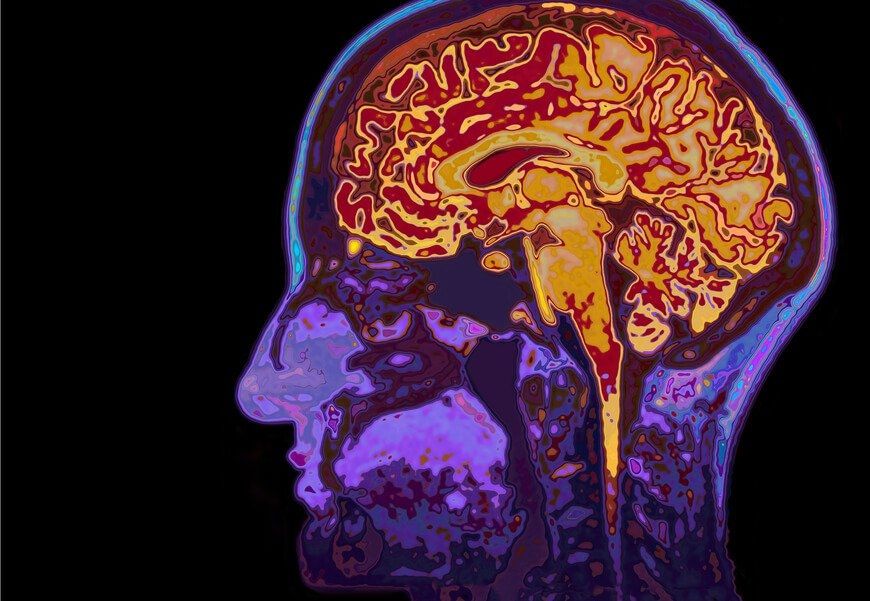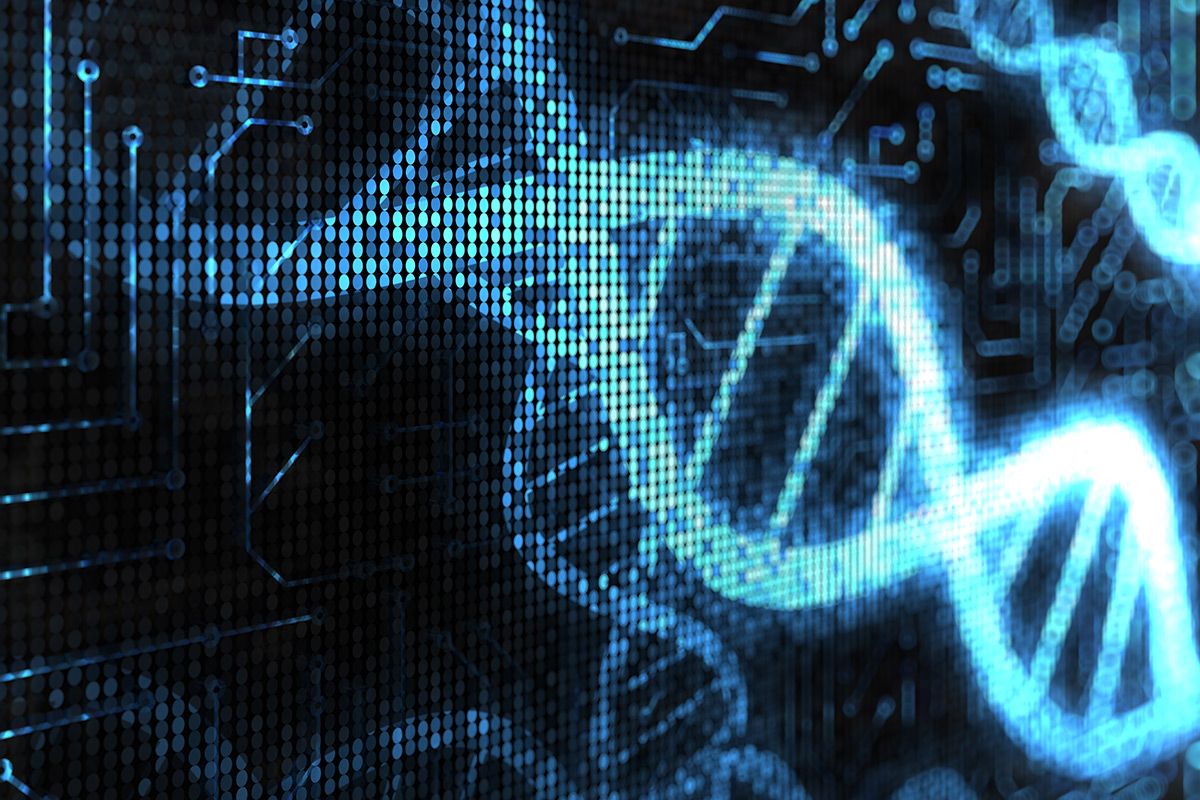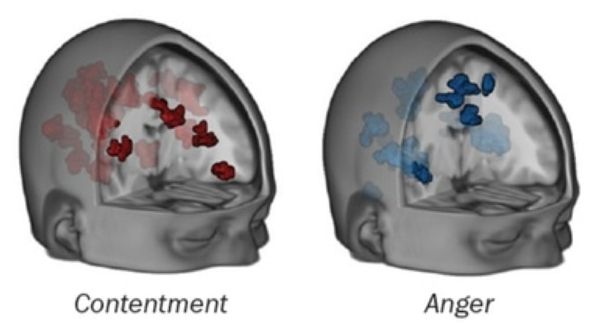
The goal of transcending flesh is an old fetish. Yogis meditated and fasted for eons in order to rise above our ‘meat casing,’ performing painful ablutions and inventing kriyas, intense breathing exercises that are physiologically indistinct from intentional hyperventilation. The goal of many religions, from some forms of Tibetan Buddhism to numerous strains of Christianity and Islam, is all about letting the spirit soar free.
While language changes, pretensions remain. Today we talk about ‘uploading consciousness’ to an as of yet discovered virtual cloud. Artificial intelligence is only moments away, so the story goes, with experts weighing in on the ethical consequences of creating machines void of emotional response systems. In this view consciousness, itself a loaded and mismanaged term, is nothing more than an algorithm waiting to be deciphered. Upon cracking the code, immortality awaits.
Of course others are more grounded. The goal of extending life to 150 years includes the body by default, though the mind is still championed above all else. Yet we seem to age in opposing directions by design. At forty-one little has changed in how I think about myself, yet my body is decaying: a post-knee surgery creek here, a perpetual tight shoulder there. It certainly feels like a slowly approaching transition, even if that, like much of life, is an illusion.
Continue reading “From AI to Anxiety Relief, The Brain Needs a Body” »
